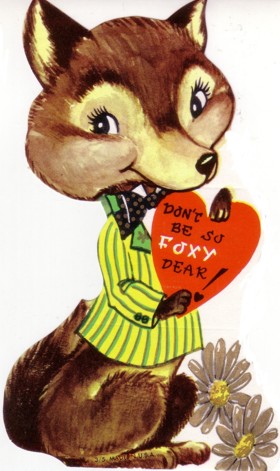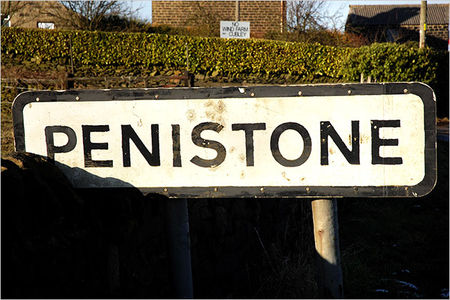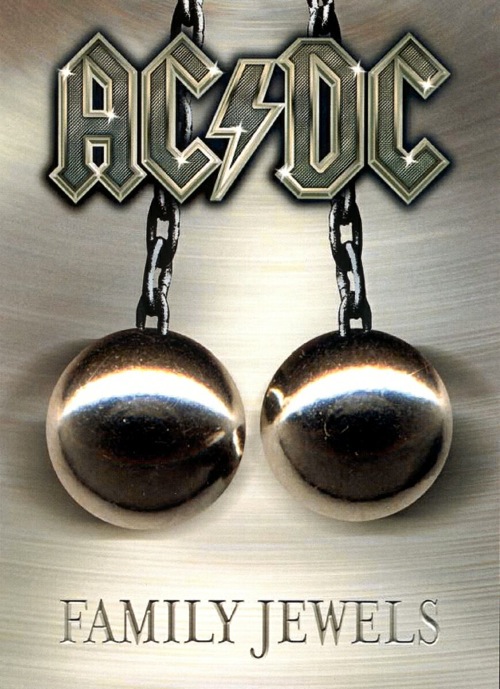The Cocky Companion (7)
By:
July 15, 2010

Every other week, Patrick Cates (HiLobrow’s Magister Ludi) produces The Sniffer, a PDF newsletter mailed to those who’ve pledged at least $10 to support our serialization of James Parker’s novel, The Ballad of Cocky the Fox. (Subscriptions are still available; check in with Cates for details.)
Each edition of The Sniffer features an extract from “The Cocky Companion,” a Rosetta Stone for decoding Cocky’s London vernacular. This week’s Sniffer (#7) includes the following glosses on vernacular from Parker’s Fit the Seventh.

PAVEMENT: The difference between the American “pavement” and the British “pavement” is the reason why so many American visitors to Britain, getting behind the wheels of their rental SUVs and trying to drive on the pavement, find themselves mowing down scores of pedestrians. For the pavement covering the sizeable suburban spread of this quaint island is not the roadway; it is the sidewalk. If you are American, and worried that you might end up on the criminal end of an automobilic massacre, it might help you to remember the phrase “pavement pizza.” This is a roughly round splat of envegetabled vomit delivered to the ground by a pubstumbler (strictly after 11pm). Think of the pizza, think of the drunk. You’ll quickly conjure up the scene of his stumbling and save yourself 15 years in the slammer.
GYM SHOE: The only people in Britain who refer to trainers as “gym shoes” are teachers over the age of 50. These stalwarts of the profession began plying their pedagogic craft in an era when nobody would have considered wearing such a common abomination outside the walls of the school gymnasium. And for many teachers of that era, gym shoes served a dual purpose. Yes, they enclosed the feet of Sir’s young sprung-floor scamperers. But the gym shoe, when widowed and abandoned in a musty changing room, could be recovered by a particularly sadistic fucker and kept on standby as a weapon for blistering the backsides of little boys. I will never forget Harold. With his name emblazoned upon his sole, he hung on a nail by the classroom door, awaiting orders from Mr. Easterfield, the evil alcoholic Latin master who liked Extra Strong Mints, farting and transgenerational violence. Even now, thirty years later, my neurons flush with the teary-eyed sting of Harold’s ministry.

CONKER: One of the first playground lessons a young prep-school lad learns is that war, capitalism and unfairness are locked forever in a lusty ménage à trois. He learns this through his experiences playing the game of conkers. In conkers, you begin with a horse-chestnut (“conker”) that you believe will be able to smash rival horse-chestnuts to smithereens. You skewer a hole in this brown, shiny fellow and thread through some string. You then take your prized nut into battle. You swipe at your rival’s conker and he swipes at yours. You swing and bash away until one of the tough nuggets splinters into pieces. And then the winner inherits whatever “score” the loser’s conker has accumulated. But what seems like a fair contest that honours human dexterity and horticultural resilience becomes an exercise in diabolism when you note the “stampsies” rule, in which any conker that slips out of a player’s hand can be stamped on by spectators, and the “entropy” rule, in which the school sociopath who sets fire to ants using a magnifying glass walks up to you, punches you in the face and steals your nutty pride and joy.
KNACKEREDNESS: Let’s build up towards the attractively consonant-heavy “knackeredness” in stages. What is a “knacker”? Simply put, it’s a bollock. But it has also come to refer to a horse (or human) who is past his prime (and who may or may not resemble a testicle). If you are a racehorse trainer and send one of your aging stallions to the knacker’s yard, the outcome for this equine unfortunate will be a retirement spent giving children rides around urban farms or contributing to the chemical composition of glue. What, then, does “knackered” mean? If you, as horse, human or otherwise, are knackered, you’ve over-exerted yourself and now need a lie-down. But don’t take a knacker at face value. A complaint of “I can’t! I’m knackered!” is often the cry of a lazy bastard. And so to “knackeredness.” Where “tiredness,” in its bisyllabic simplicity, is a run-of-the-mill rump steak served in a roadside diner, “knackeredness,” with its alliterative knock and high letter-to-syllable ratio, is a filet mignon gracing the table of a Parisian brasserie.

ARSE OVER TIP: “Arse over tip” is the more puritanical cousin of “arse over tit.” But, for all their philosophical differences, both these arsey relatives see eye to eye and do a decent job of conveying the state of silly buggerhood that tripping over your shoelaces might bestow upon you. Yes, you could trip over your shoelaces and fall head over heels. But that sounds prudish, elegant and, for comic purposes, plain wrong. To many readers, falling head over heels invokes all-consuming love and meadowland tumbles instead of slapstick and pratfalls. Did “arse over tit” arrive first, only to have its tit punctured and deflated into a mere tip? Or did some doughty oath-utterer decide that tip should grow pendulously and majestically into a tit? We may never know.
POTTY: An English speaker who hears tell of “potty” will quickly hop to thoughts of poo and pee. Mashed-up ravers and pumped-up runners drop poos in porta-potties. Toilet-trained toddlers take tinkles in plastic potties. But to British mouths and ears, “potty” does double service. As a noun, it props up a human undercarriage and temporarily stores the waste products that issue thence. As an adjective, however, it means “nutty.” Why would you use “potty” instead of “nutty”? “Nutty” enjoys a sheen of menace. If you lean over to me in the pub and whisper that the bloke standing over there is well nutty, I would be wise to watch out for a temper tantrum and a glass in the face. But if, instead, you tell me that the same gentleman is “potty,” it probably means that he argues with himself and tries to pay for his drinks with buttons.

COBBLERS: In the twee and generically European parlance of fairy tales, cobblers mended shoes. In the dismissive pub-talk of Jack-the-Ripper London, cobblers became pluralised bullshit. How did we get from shoemakers to shit-talkers? Via the linguistic mangle that is Cockney rhyming slang. A cobbler would have used an awl to poke holes in the leather of his trade. A Cockney chap, looking for a way of referring to his “balls” without raising eyebrows or hackles, would once have dropped “cobbler’s awls” into conversation: “Oof. These trousers ain’t half tight around me cobbler’s awls.” Eventually, tired of this mouthful, he would have shortened it to “cobblers”: “I was behaving like a right tit, so he kicked me in the cobblers.” And before long, with “balls” sitting at one end of the well-worn path to “bullshit” via “bollocks,” “cobblers” would have come to stand for nonsense, balderdash and poppycock: “What a load of old cobblers!” (When I retire as editor of The Sniffer, I hope to follow in the steps of the mythical royal shoemaker who advertised his shop with a big sign that said “Cobblers To The Queen.”)

